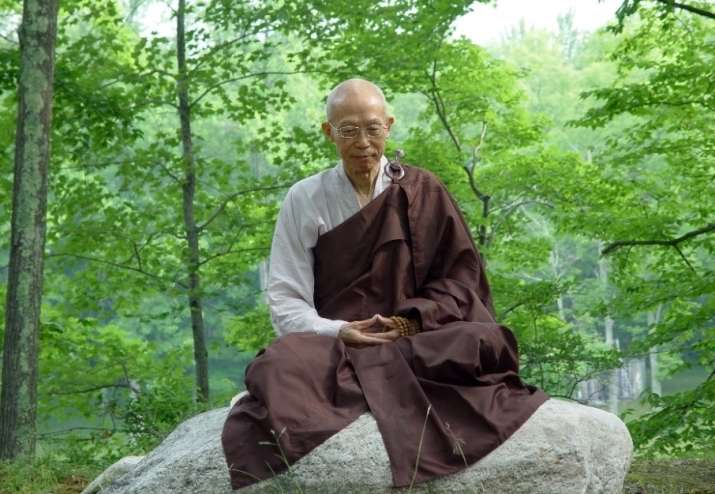
Considering the Six Properties and Four Primary Elements
An examination of the fundamentals of…

An examination of the fundamentals of…

I was sparring in karate class. We were doing our usual thing, fighting each other happily as Kyokushin karatekas tend to do, smacking each other around in

Approaching Buddhism with right understanding

Understanding the root of suffering

Venerable Nyanaponika in The Five Mental Hindrances and Their Conquest, begins: “Unshakable deliverance of the mind is the highest goal in the Buddha’s doctrine. Here, deliverance

Many people have a romantic notion of what it must be like to be a Dharma heir. It reminds me of a Chan story about

According to the major sutras of Pure Land Buddhism, the Larger Sukhavativyuha and the Smaller Sukhavativyuha, Amitabha Buddha’s Pure Land (Skt. Sukhavati) lies beyond 10 billion Buddha-lands west

Hatred never ends through hatred. By non-hate alone does it end.This is an ancient truth.

In the University of Toronto’s ceremonious and elegant Convocation Hall, PhD candidate and academic coordinator Anthony Scott is offering a Land Acknowledgment. Speaking onstage, in

People believe that everything they see and conceive of, including their so-called bodily selves, is fixed and permanently there to be used for fulfillment and
As citizens of Earth, we have layers of identity that make us unique from those around us as well as affiliating us with certain groups.

Venerable Nyanatiloka Mahathera cites the Word of the Buddha on the contemplation of feelings (Diga Nikaya 22): But how does the disciple dwell in contemplation of the